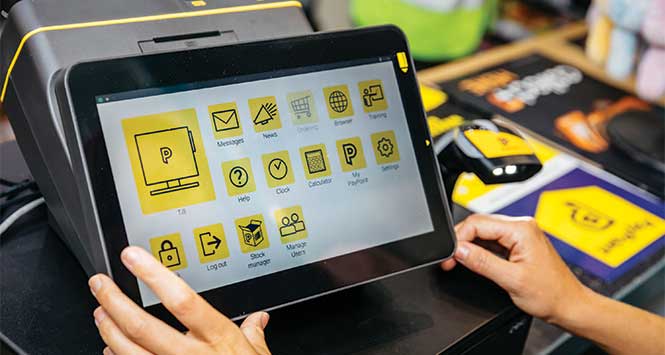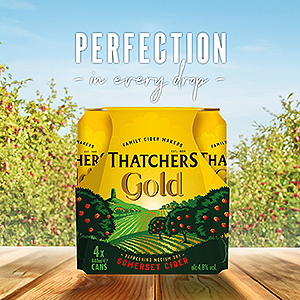Spending on groceries surged 8.9% year-on-year in May – the highest growth in the category in over two years – due to the near-record rate of food price inflation (19.1%) and the Coronation and Eurovision, new data from Barclaycard reveals.
Spend on fuel saw its third consecutive month of decline in May (-10.7% year-on-year), largely thanks to the drop in prices against May 2022, when they were much higher due to the Russian invasion of Ukraine.
Overall consumer card spending grew 3.6% year-on-year in May, down on April’s figure (4.3%), as Brits cut back on discretionary purchases to cope with mounting inflation and food prices.
Amid ongoing concerns around rising food prices, 65% of shoppers have noticed that some products are now being sold in smaller package or portion sizes, yet cost the same or more than they used to, and the majority (83%) are concerned about the impact of this growing trend.
The products most frequently cited as being impacted by shrinkflation are chocolate (50%), crisps (40%), packs of biscuits (39%) and snack bars (35%). In response, 20% of shoppers are switching away from products that have been downsized by manufacturers in favour of buying products in bulk which offer better value for money.
Meanwhile, 63% of shoppers say they are looking for ways to reduce the cost of their weekly shop, with 41% using vouchers or loyalty points to get money off shopping, and 27% buying more frozen food to minimise waste.
Despite persistent cost-of-living pressures, Brits are generally feeling confident in their household finances (64%) and ability to live within their means each month (68%). Meanwhile, confidence in the future of the UK economy has slightly increased, rising from 25% to 28%.
Silvia Ardagna, Head of European Economics Research at Barclays, said: “Although the latest headline figures show that inflation has fallen due to lower energy prices, the prices of core services and goods remain stubbornly high and continue to constrain real household disposable income and spending.
“The UK economy has escaped a technical recession for now, but the forward-looking outlook remains one in which the economy is likely to stagnate as the impact of monetary tightening will more than offset the relief from lower energy prices.”







